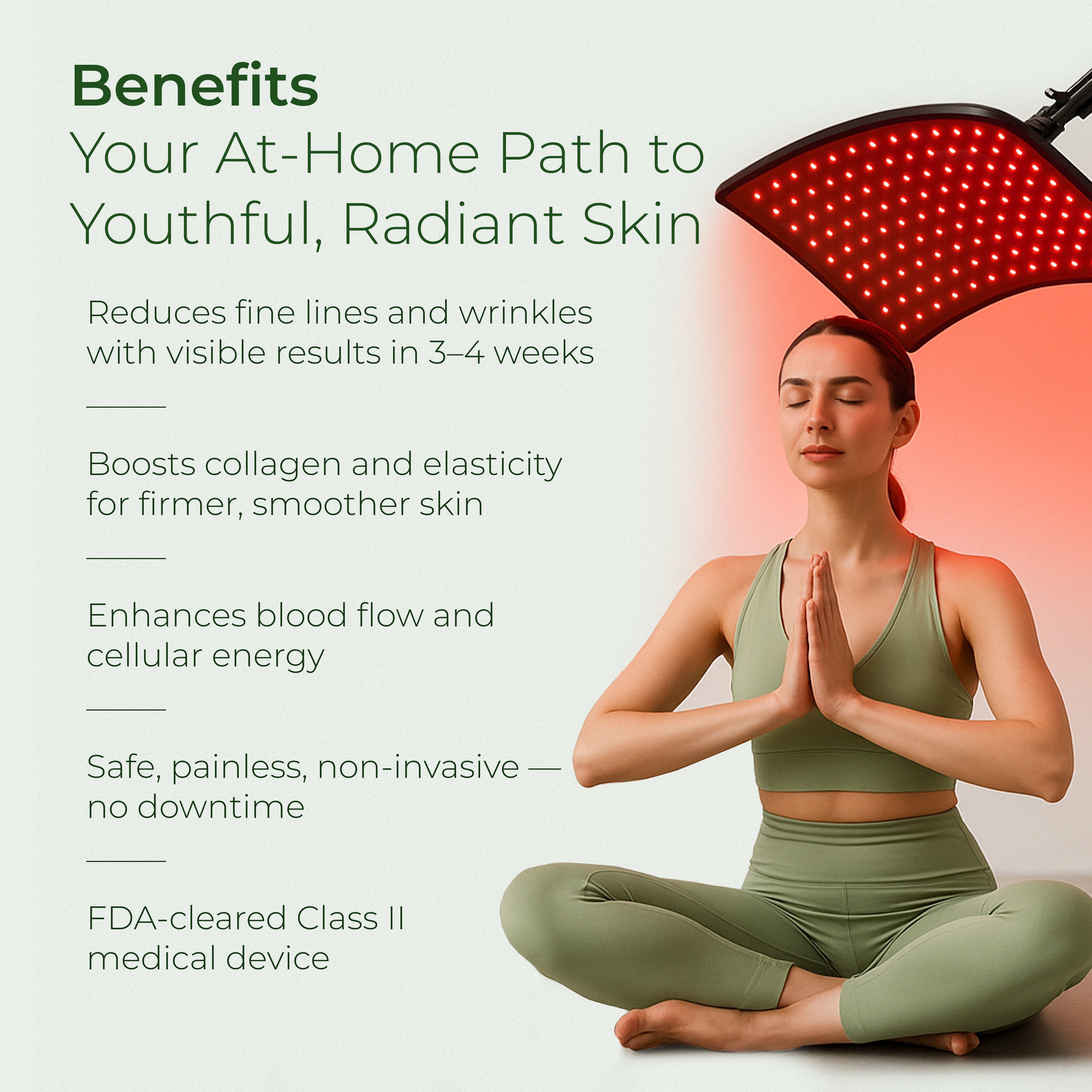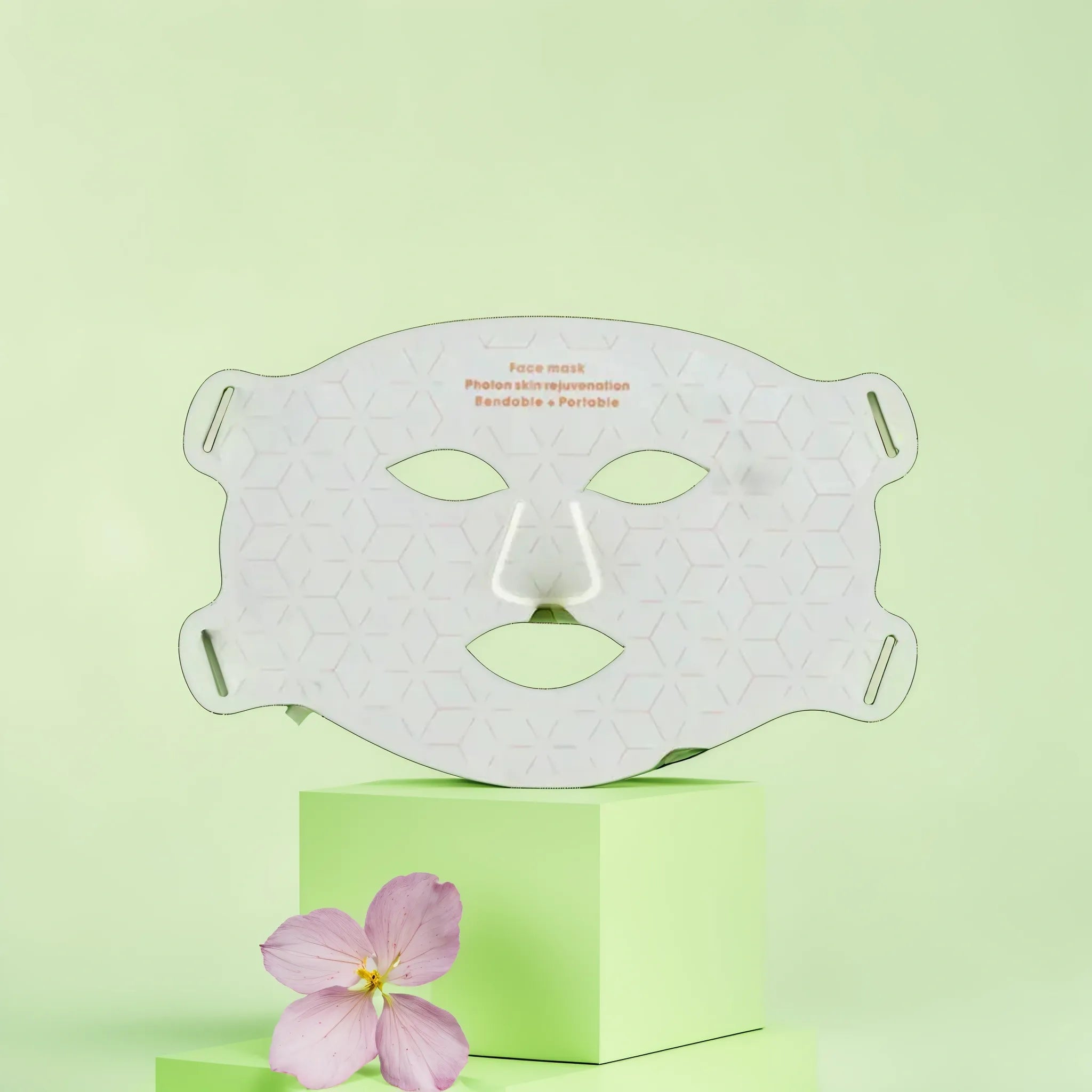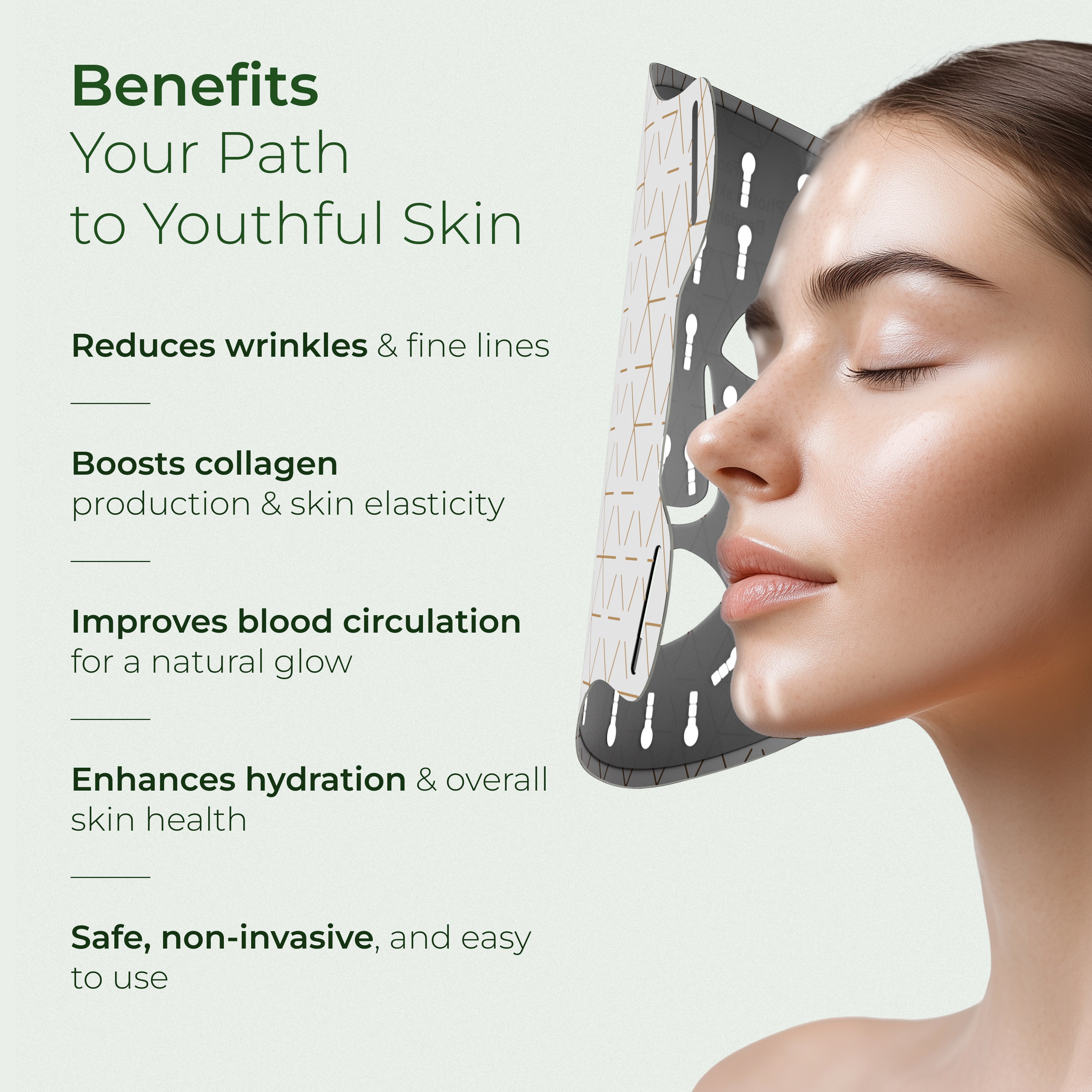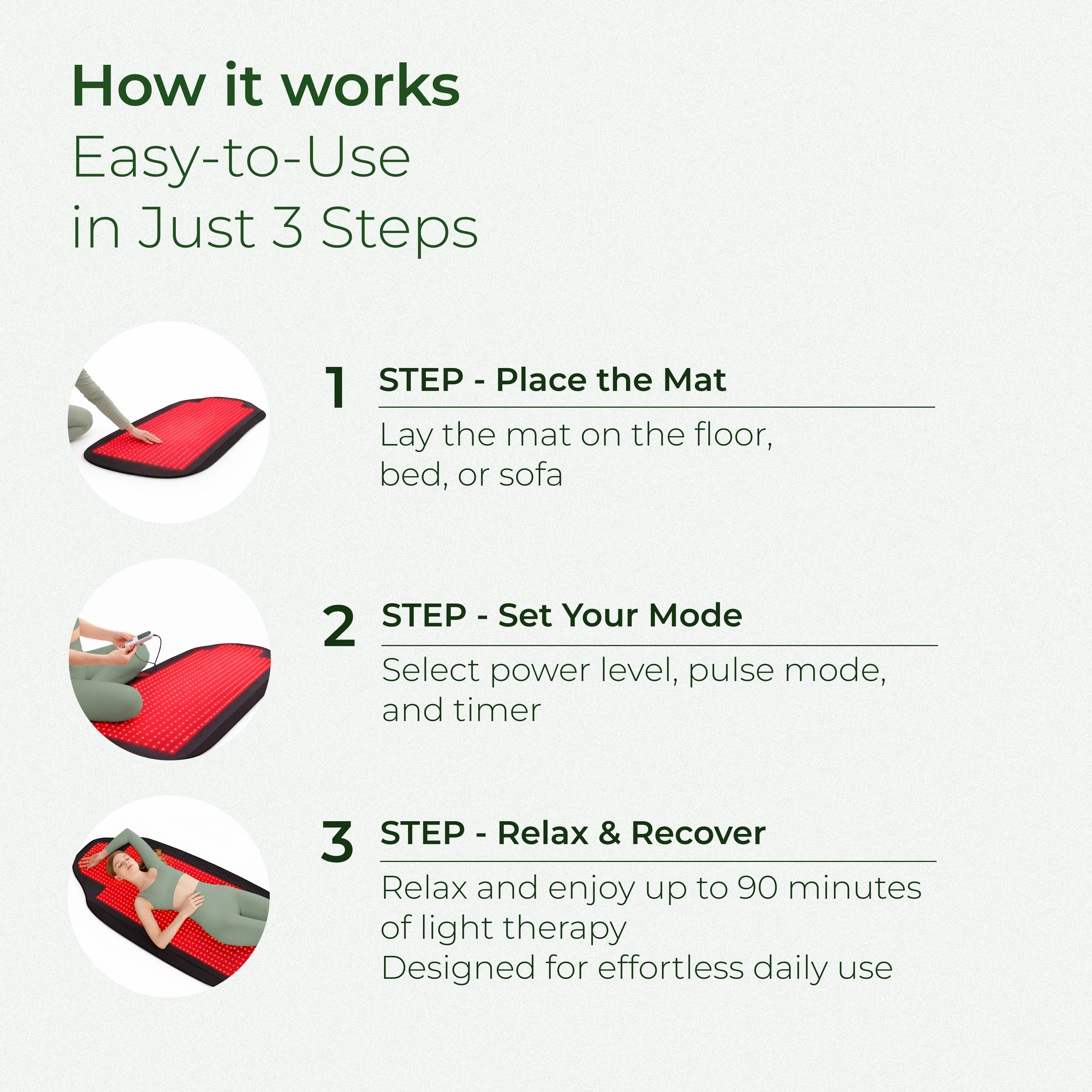Adolescence is a crucial stage where teens develop both physically and psychologically, but it's also a time when many face the common skin condition known as acne. Acne can affect a teen’s self-esteem, making the teenage years even more challenging. Understanding what causes acne and how to treat it effectively can help prevent scarring and keep acne under control.
What Causes Teen Acne?
Acne is a skin condition primarily triggered by hormonal changes during the teenage years. These hormones increase oil production in the skin's oil glands, leading to clogged pores. When dead skin cells and oil mix, it creates an environment where acne-causing bacteria can thrive. This often results in various forms of acne, including blackheads, whiteheads, and pimples. Acne may appear on the face, chest, and back, making it a widespread issue among teens.

Preventing and Treating Acne
Preventing acne can be challenging, but following a consistent skincare routine can help clear up teen acne. Here are some essential tips to help prevent acne:
-
Wash Your Face Twice a Day: Use a gentle cleanser twice a day to remove excess oil, dirt, and sweat, especially after exercising. Look for acne products containing benzoyl peroxide or salicylic acid, which help clear clogged pores and reduce breakouts.
-
Avoid Picking at Pimples: Picking at pimples can make acne worse by pushing bacteria deeper into the skin, leading to more severe acne and potential scarring. Instead, use a spot treatment that targets individual blemishes.
-
Consult a Dermatologist: If your teen’s acne is severe or not responding to over-the-counter treatments, talk to your doctor or a dermatologist. Prescription acne treatments, including topical creams like tretinoin or oral medications such as antibiotics or isotretinoin, may be necessary.
-
Use Non-Comedogenic Skin Care Products: Choose skin care products and cosmetics that are labeled non-comedogenic, meaning they won’t clog pores. Creams that prevent pimples from forming can be beneficial in maintaining clear skin.
-
Consider Birth Control Pills: For teenage girls, birth control pills can help regulate hormones that lead to acne. This treatment option should be discussed with a doctor to ensure it's suitable for the individual.

Long-Term Management and Lifestyle Tips
Managing acne requires a combination of proper skincare and lifestyle adjustments:
-
Stay Away from Dairy: Some studies suggest that dairy products can make acne worse, possibly due to the hormones they contain. Keeping a food diary might help identify if certain foods lead to breakouts.
-
Use Sunscreen: Even if your skin is oily, applying sunscreen is essential. Look for oil-free, non-comedogenic formulas that won’t clog pores while protecting the skin from harmful UV rays.
-
Apply a Lightweight Moisturizer: Keeping your skin hydrated is crucial, even for oily skin types. Opt for gel-based or water-based moisturizers that won’t contribute to clogged pores.
-
Be Patient with Treatments: Acne treatments take time. Whether using over-the-counter products or prescription medicine, give the treatment plan at least 8-10 weeks to see noticeable improvements.
Conclusion
Every teen will likely deal with acne at some point during their teenage years. While acne can affect self-esteem, understanding the causes and available treatment options can help manage the condition effectively. Whether through lifestyle changes, over-the-counter products, or consulting with a dermatologist, there are ways to help prevent acne and clear up your skin, allowing you to focus on the more important aspects of your teenage years. Remember, consistent care and patience are key to getting a handle on your acne and maintaining clear, healthy skin.












Hinterlasse einen Kommentar
Diese Website ist durch hCaptcha geschützt und es gelten die allgemeinen Geschäftsbedingungen und Datenschutzbestimmungen von hCaptcha.